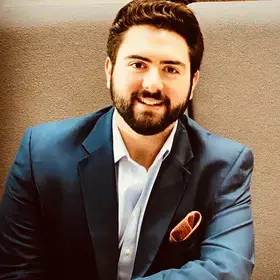At Columbia University’s School of Professional Studies, Kelly Cunegundes ('18 SPS, Narrative Medicine):
• Gained new tools to understand her patients
• Enhanced her range of skills as a doctor
• Learned new ways to listen to patients
• Explored methods of teaching narrative medicine to her students
What is your medical background?
I graduated medical school in 1995 in Brazil. Throughout my career there, I specialized in pediatrics, and my sub-specialty is pediatric infectious disease and public health. I worked for ten years in a pediatric emergency department, for eight years in a pediatric AIDS/HIV outpatient clinic, then eight years in a vaccination center. Before moving to the U.S. for the Narrative Medicine program, I was working in a Pediatric Department of the Federal University of São Paulo, which is a teaching hospital.
What drew you to narrative medicine and Columbia’s master’s program?
I wanted to study in-depth the intersection between medicine and the arts, and how these fields can work together bringing a provide understanding of the humanity of patients. I was very interested in enhancing my skills as a medical doctor and acquiring knowledge that would help colleagues and students in medical settings.
What kind of narrative medicine practices do you engage in and what inspires you to do this kind of work?
I am mainly interested in employing the knowledge and the techniques of narrative medicine in medical education: helping medical students, residents, and, eventually, patients to make sense of their experience in taking care, living, and navigating in the complexities of the medical experience. I am also very interested in the role of literature and visual arts to enhance our skills as observers and listeners of others’ experience.
How has the Narrative Medicine program helped you?
The opportunity to study concepts in philosophy, sociology, anthropology, and the arts broadened not only my perspective of medicine—but also of being human. Now I can pass these tools onto students so they can do better what is so badly needed: listen to patients.


